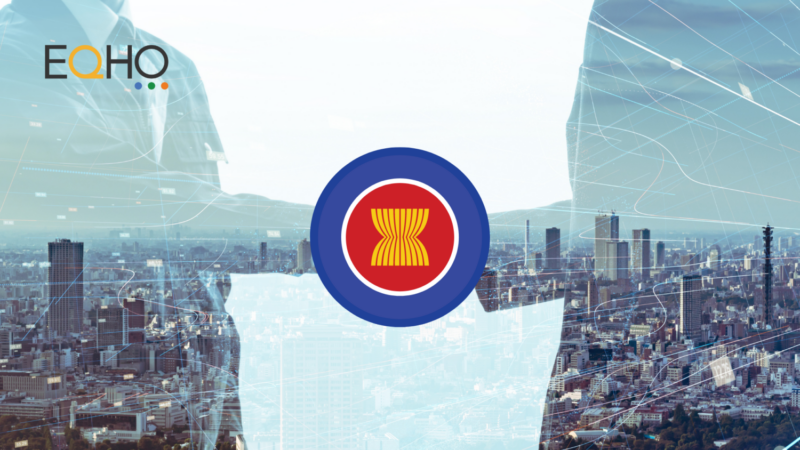In the past few years the localization industry has experienced an increased interest in Asian languages from buyers of language services.
Historically, the biggest demand for Asian language localization has been for the so called "CJK" group of languages (Simplified and Traditional Chinese, Japanese and Korean), however there is a growing significance for Southeast Asian languages such as Thai and Indonesian, and that includes languages from "emerging" markets such as Lao and Burmese.
Obviously the emergence of Asia as a serious region in the localization industry is great news for the sector, but Richard O'Keeffe, VP of Global Sales at EQHO Communications, admits there are challenges associated with providing top-quality localization in this part of the world.
He noted Asian languages are typically "vastly different in structure and form to European languages", which means that marketing and creative content will rarely map over smoothly. There is also a "larger cultural aspect" to the localization process in Asia, so greater care and attention should be given to linguistic nuance and images to ensure cultural sensibilities are respected.
Another issue is talent, as Mr O'Keeffe admits that not every Asian language has the same pool of qualified linguists for localisation that you might find in Western European languages. "With professional translation services, it's not just a question of the linguistic ability, it's also having the knowledge of the subject that you're translating into, and this combination of expertise is more difficult to find in some Asian languages," he added.
Managing client expectations
There is a common view that Eastern clients do not have as exacting standards as their Western counterparts, but Mr O'Keeffe does not think this particular stereotype is as true today as it may have once been. For a lot of Asian customers the focus and desire for quality is now in line with firms from the West.
"Recently we've witnessed a greater acceptance from our local customers that to do this properly does cost money. In years gone by we'd get people who would want to scrimp and save and for whom price was the bottom line. That's definitely changing, we're now seeing local companies for whom quality is the determining factor," Mr O'Keeffe remarked.
This is great news for the localization industry and also demonstrates how companies now appreciate the need for content to be properly adapted for different markets. No longer can firms just ask someone in-house with knowledge of another language to translate a document, as they know this will not properly engage its target audience.
A brave new AEC world
The ASEAN Economic Community (AEC) is understandably creating quite a buzz within Asian localization firms, as they view the development of regional economic integration as a major plus for Southeast Asia.
Set to be introduced in 2015, it will seek to create a single market and production base for the ten member states, which should turn the region into a highly competitive economic bloc that is fully integrated into the global economy.
Mr O'Keeffe has high hopes for the AEC, as he expects English to become its de facto language of business.,but also that there may be an increased for direct translation between the languages of the region (for example, from Thai into Malay). He also sees plenty of reasons to be optimistic about workloads being boosted as a result.
Similar to when the EU monetary union was established years ago, there will be "lots of legislation, lots of commercial documentation and various directives that will need to be translated into the different languages of the member states". This will be on both a political and commercial level and so savvy localization providers based in Asia should be well placed to take advantage of this.
The need for effective partnerships
Obviously a key concern for any Asian localization agency is establishing partnerships with Western language service providers. However, in Mr O'Keeffe's experience, one of the main issues is that they have an unrealistic level of expectation.
For example, in a multiple language project, the deadline for the Burmese translation will be the same as that of the German one, despite the fact the pool of linguists with the right level of ability will be much lower in Myanmar. Linguistic resources such as dictionaries, glossaries and reference material that a German or French translator would take for granted just don't exist, and there are infrastructure challenges such as power cuts that can impact linguists’ productivity.
"The more you go into the emerging markets the more that's true. In somewhere like Cambodia or Laos it's really hard to find a full-time translator; you'll find people who do it in the evenings or weekends, and it’s quite different from the way that the profession would be viewed in Western Europe," he added.
However, with the diligence shown by agencies such as EQHO and the technical expertise they offer, Mr O'Keeffe is confident that top-quality Asian localization is possible, as more and more companies recognize that a brand's local voice is not only its most important one, but also the defining one



